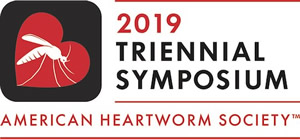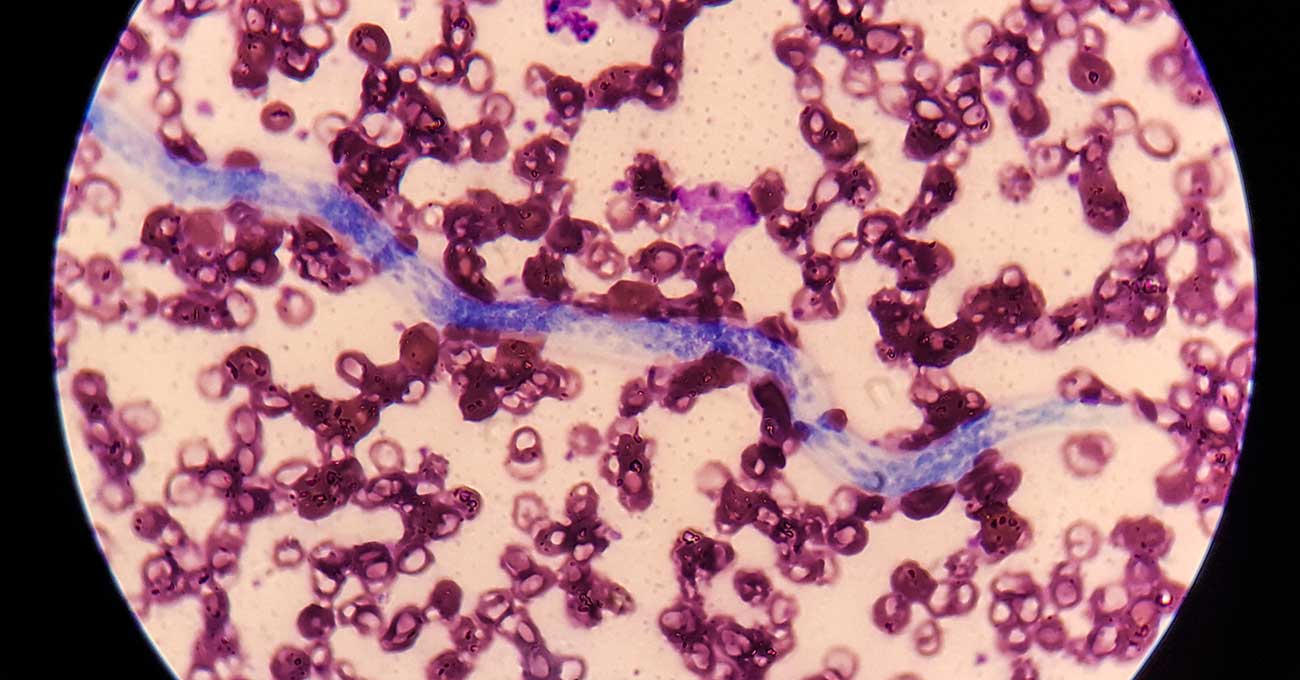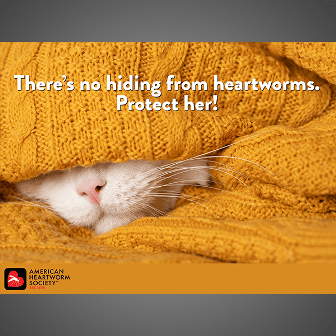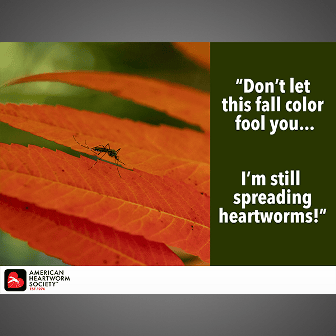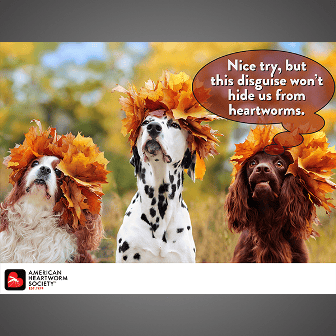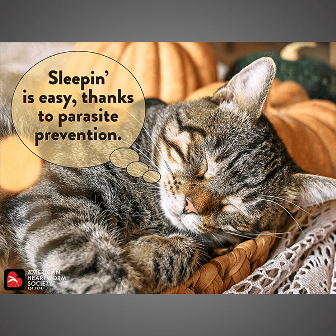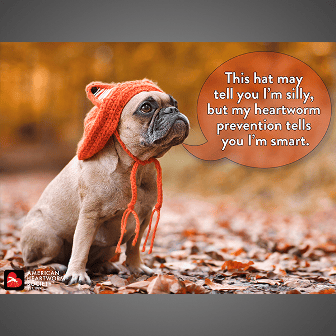FARMINGTON — Local animal shelters are reporting a high number of heartworm cases this year, but in Farmington the rise was traced to a group of dogs that came from another state.
Aztec Animal Shelter Director Tina Roper said five dogs at her shelter have tested positive for heartworm this year.
"It's a little high," she said. "We don't usually see this many so soon."
Farmington Regional Animal Shelter currently has nine heartworm positive dogs and recently had one adopted.
“We usually have anywhere from two to four at a time,” Shelter Director Stacie Voss said.









